In today’s competitive business landscape, organizations are constantly striving to enhance their operational efficiency, product quality, and overall performance. One of the most effective ways to achieve these goals is by ensuring that employees are trained in using quality tools. Quality tools are techniques and methodologies designed to improve processes, identify and solve problems, and ultimately deliver products and services that meet or exceed customer expectations. Here are several compelling reasons why investing in training employees in quality tools is crucial for businesses:
Continuous Improvement: Quality tools are instrumental in fostering a culture of continuous improvement within an organization. By empowering employees with the skills to analyze processes, identify areas for enhancement, and implement effective solutions, businesses can achieve incremental improvements that add up to significant gains over time.
Problem Solving: Quality tools equip employees with structured approaches to problem-solving. Whether it’s using tools like root cause analysis, fishbone diagrams, or statistical process control, trained employees can efficiently diagnose issues, uncover underlying causes, and implement corrective actions to prevent recurrence.
Data-Driven Decision Making: Quality tools emphasize the importance of data-driven decision-making. Through training, employees learn how to collect, analyze, and interpret data to make informed decisions that drive business outcomes. This approach leads to better decision-making at all levels of the organization.
Reduced Waste and Costs: Effective use of quality tools can lead to reduced waste, improved resource utilization, and cost savings. Whether it’s streamlining production processes, optimizing supply chain operations, or minimizing defects, trained employees contribute directly to bottom-line improvements.
Enhanced Customer Satisfaction: Quality tools help organizations deliver products and services that consistently meet customer requirements. By focusing on quality, businesses can build customer trust, loyalty, and satisfaction, leading to repeat business, positive reviews, and referrals.
Compliance and Standards: Many industries have regulatory requirements and quality standards that businesses must adhere to. Training employees in quality tools ensures that organizations meet these standards, avoid compliance issues, and maintain a competitive edge in the market.
Empowered Employees: Investing in employee training demonstrates a commitment to their professional development and empowers them to take ownership of quality initiatives. Trained employees are more engaged, motivated, and capable of contributing meaningfully to organizational goals.
In conclusion, getting employees trained in using quality tools is not just beneficial but essential for businesses looking to thrive in today’s dynamic environment. It enables organizations to drive continuous improvement, solve complex problems, make data-driven decisions, reduce costs, delight customers, ensure compliance, and empower their workforce. By prioritizing quality training, businesses can build a strong foundation for long-term success and competitiveness.










